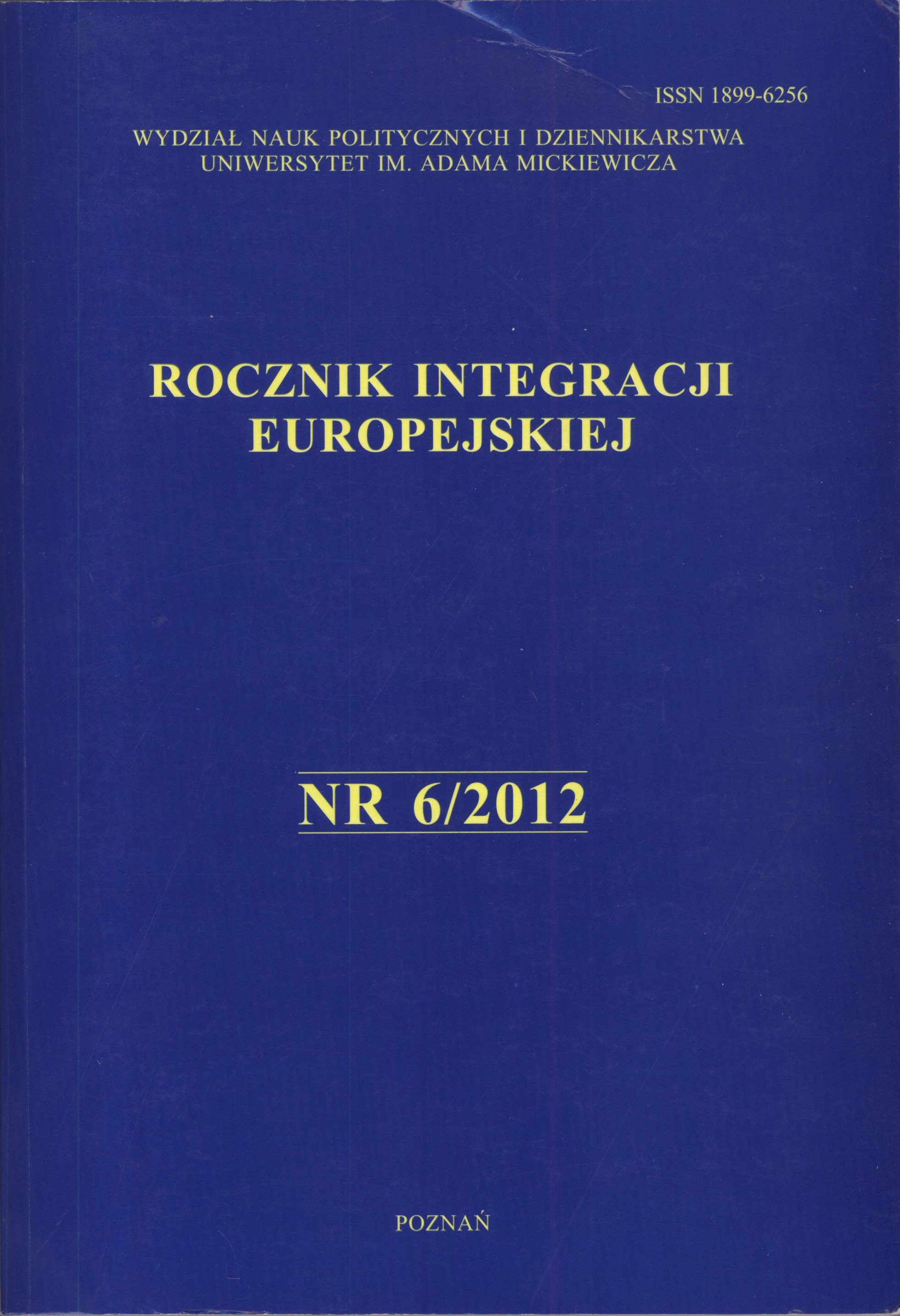The Polish Presidency of the European Union Council: challenges and outcomes
The Polish Presidency of the European Union Council: challenges and outcomes
Author(s): Bogdan KoszelSubject(s): EU-Accession / EU-DEvelopment
Published by: Uniwersytet Adama Mickiewicza
Summary/Abstract: Since the financial crunch swept Europe in late 2008, Germany has opposed a coordinated EU campaign to aid the endangered states, claiming that each case should undergo a separate analysis. It was only the collapse of public finances in Greece and the financial problems of Ireland and Portugal that made Germany agree with France that it was necessary to establish special EU financial mechanisms in order to prevent the financial crises of EU member states; Germany also agreed that an ‘economic government’of Eurozone states be created. Germany realizes very well that healing the Euro and the European economy is in its interest. Germany takes the greatest advantage of the single internal market as it sells the lion’s share of its vast industrial output without restriction there. Germany fears that abandoning the idea of the free flow of goods and capital may result in the emergence of new customs barriers and increased commercial protectionism. Finally, the collapse of the Eurozone might mean the end of the ‘project Europe’Germany has contributed so much effort and money to.
Journal: Rocznik Integracji Europejskiej
- Issue Year: 2012
- Issue No: 6
- Page Range: 105-124
- Page Count: 20
- Language: English

